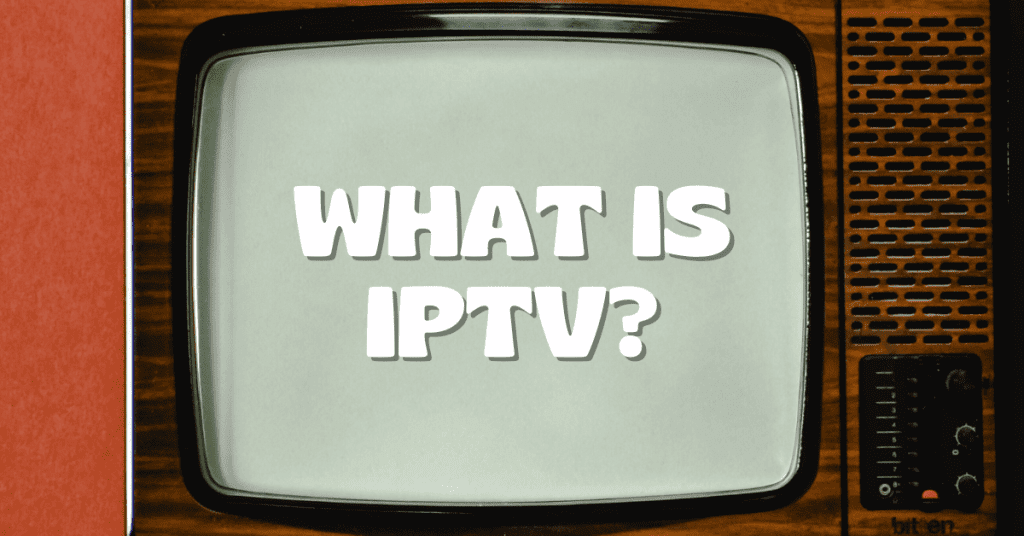I. Introduction to IPTV
In recent years, IPTV (Internet Protocol Television) has emerged as a popular alternative to traditional cable TV. It allows users to stream television content through internet protocols rather than relying on traditional broadcast methods. This article aims to provide a comprehensive understanding of what IP-TV is, how it works, its benefits, and its impact on the entertainment industry.
II. How IPTV Works
IPTV operates by delivering television content over IP networks, such as the Internet, instead of using traditional terrestrial, satellite, or cable formats. It utilizes a client-server architecture, where the content is transmitted from an IP-TV service provider to the user’s device via an internet connection. This content can be viewed in real-time (live IP-TV) or accessed on-demand (VOD IP-TV).
III. Benefits of IPTV
IP-TV offers several advantages over traditional TV services. Firstly, it provides users with greater control over their viewing experience, allowing them to choose the content they want to watch and when they want to watch it. Additionally, IP-TV eliminates the need for physical infrastructure, such as cables or satellite dishes, making it more flexible and cost-effective. Moreover, it supports interactive features, such as video on demand, catch-up TV, and personalized recommendations.
IV. IPTV vs. Traditional Cable TV
IP-TV differs from traditional cable TV in various ways. Unlike cable TV, IP TV does not rely on dedicated physical connections or limited bandwidth, as it uses internet protocols for content delivery. This enables IP-TV to offer a broader range of channels, on-demand content, and interactive features. Furthermore, IP TV allows users to access their favorite shows and movies on multiple devices, including smartphones, tablets, smart TVs, and computers.
V. IPTV Service Providers
There are numerous IPTV service providers available, offering different channel packages, pricing options, and features. Some popular providers include Cinemaiptv. When choosing an IPTV service, it’s essential to consider factors such as channel selection, video quality, customer support, and compatibility with your preferred devices.
VI. Devices Compatible with Internet Protocol Television
IP TV is compatible with various devices, ranging from dedicated IP TV set-top boxes to smart TVs, streaming devices, smartphones, and computers. Many modern smart TVs come with built-in IP TV capabilities, allowing users to access IP TV channels directly without additional devices. Additionally, there are dedicated IP TV applications and IP TV players available for smartphones and computers.
VII. Setting Up Internet Protocol Television
Setting up IP TV requires a stable internet connection and a compatible device. Depending on the chosen IP TV service provider, the setup process may involve downloading an application, configuring network settings, or activating a subscription. Detailed instructions and guides are usually provided by the IP TV service provider to assist users in the setup process.
VIII. IPTV Content and Channels
IP TV offers a vast array of content and channels, including live TV channels, movies, TV series, sports events, documentaries, and more. The availability of channels and content may vary depending on the chosen IP TV service provider and the geographical region. Many IP TV services also offer international channels, catering to a diverse range of viewers.
IX. Internet Protocol Television and On-Demand Streaming
One of the significant advantages of IP TV is its support for on-demand streaming. Users can access a vast library of movies, TV shows, and other content, allowing them to watch their favorite programs at their convenience. This on-demand functionality enhances the flexibility and convenience of IP TV, enabling users to create personalized entertainment schedules.
X. Legal Considerations with IPTV
It is crucial to address the legal considerations associated with IP-TV. While IP-TV itself is a legitimate technology, the legality of certain IP-TV services and the content they provide may vary across different jurisdictions. Users should ensure that they subscribe to legal IP-TV services and comply with copyright laws when accessing copyrighted content.
XI. Future of Internet Protocol Television
The future of IP-TV looks promising, with advancements in technology and increasing demand for personalized, on-demand content. As internet speeds continue to improve and more households adopt high-speed broadband connections, IP-TV is expected to gain further popularity. Furthermore, the integration of IP-TV with emerging technologies, such as virtual reality and artificial intelligence, has the potential to revolutionize the entertainment industry.
Conclusion:
IP-TV has emerged as a popular alternative to traditional cable TV, offering users greater control, flexibility, and a wide range of content options. By harnessing the power of internet protocols, IP-TV provides a more personalized and interactive viewing experience. As technology continues to advance and consumer preferences evolve, IP-TV is poised to shape the future of television entertainment.


